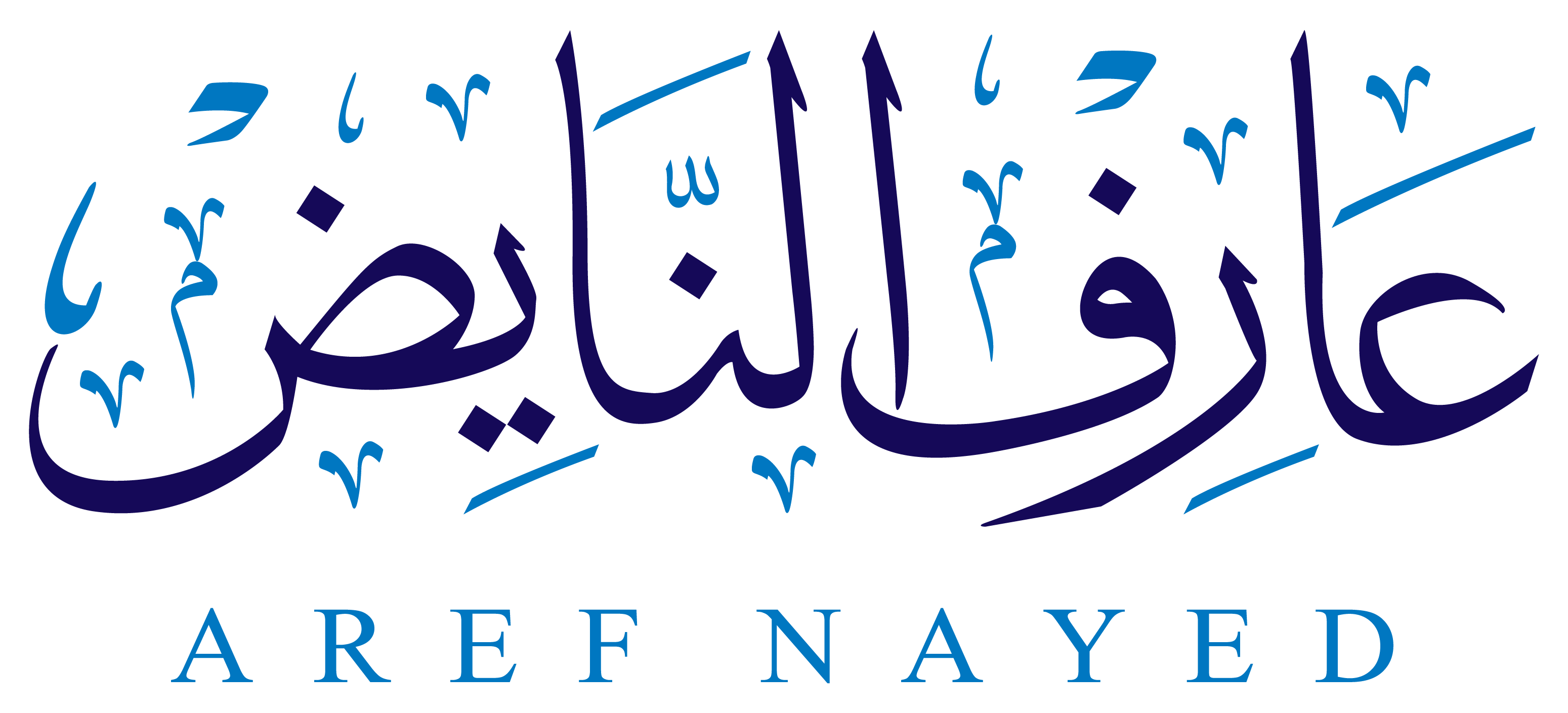The World Economic Forum, held annually in Davos Switzerland, allows global leaders to convene from across business, government, international organizations, academia and civil society for strategic dialogues which map the key transformations reshaping the world.
Aref Nayed, Founder and Director of Kalam Research and Media, and Chairman of the Libyan Institute for Advanced Studies, participated in two sessions at the WEF; in addition to a closed-door consultative session on Libya on Thursday, January 26, he also spoke briefly in a public session entitled ‘Regions in Transformation: the Arab World’ on Friday, January 23—along with Amre Moussa, former Secretary General of the Arab League, Ayad Allawi, Vice President for Reconciliation of Iraq, and Mahmoud Jibril, Leader of the National Forces Alliance in Libya. The session will be moderated by Ghassan Salame, Dean of the Paris School of International Affairs at Sciences Po Paris.
Nayed spoke about the challenges of the region and that much of what is happening is a reaction to the loss of meaning and the failure of the once ubiquitous traditional institutions, especially religious and cultural ones. In the wake of the failure of these institutions and their incapacity to revive and renew themselves and the discourse so as to give meaningful foundations for young people, an ideology of nihilism and nothingness has filled void.
However, Nayed notes, Islam—as in Christianity, Buddhism, Judaism, and all the great faiths of the world—is inherently a life-affirming religion and culture. As such, these institutions must rise to the occasion to uphold life, to celebrate life, and to spread ideas of compassion, peace, understanding, forgiveness and humility.
Despite the tumult of the region, we find hope, he says, in intrinsic modes of resilience within the Arab world that are extremely important. Arab women, for example, are an extremely important form of resilience; amongst the Libyan, Tunisian and Egyptian women he recently met with, Nayed said that he found that their discourse was “amazingly life-affirming, peace-focused, compassion-focused, dialogue focused. We need to listen to these voices who are an integral part of the region. There is also resilience in our young people, and they too are searching for meaningful discourse; however, the religious scholars are not addressing their concerns, the preaching is not reaching the hearts, and the respected institutions of the past are merely peddling clichés. In order to renew culture, discourse must be renewed and young people must be taught how to find meaning in the world; the first step towards achieving this is to listen to them.”
Lastly, Dr Nayed, stressed the real important of respecting locality and listening to them—be it a municipality, a township, a clan, or a tribe. Respecting these local forces as part of the social fabric will initiate a genuine dialogue at the social level that can lead to a consensus and healthy civil society.

